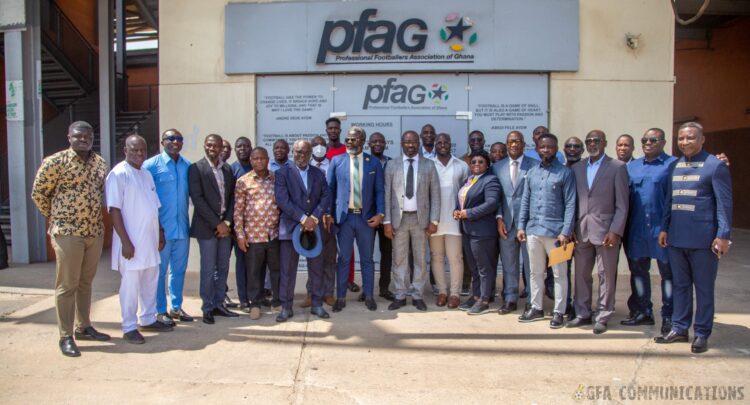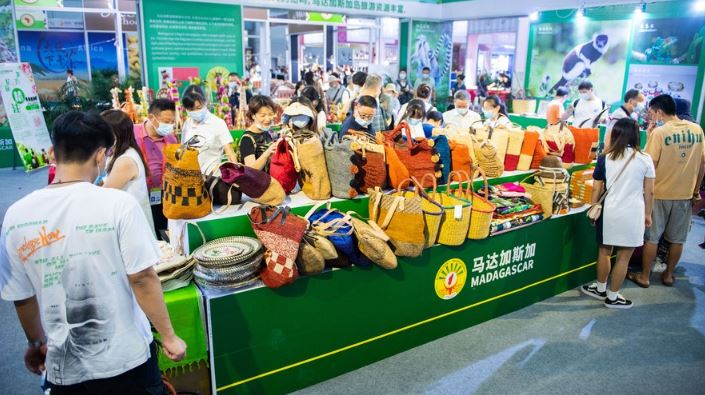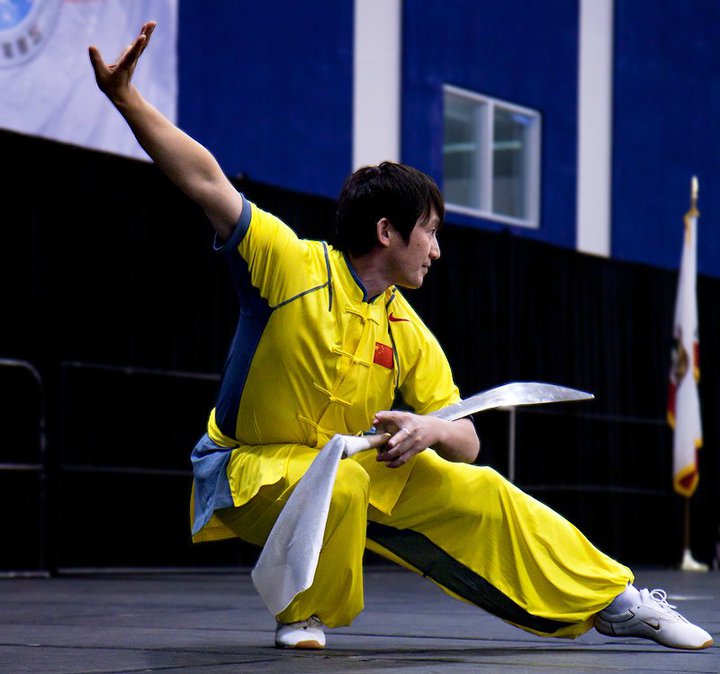By: Abel Manomey
A growing number of Ghanaian footballers based at home are failing to find their feet, especially if they are not associated with a club, which can lead to premature retirement. Furthermore, the bulk of these players retire due to long-term injuries sustained while actively playing for their teams.
However, a number of these players may come forward and appeal for assistance because their deteriorating circumstances are harming their mental health and that of their families.
Aminu Mohammed (former player of Amidaus FC, Accra Hearts of Oak SC, Accra Great Olympics FC, Vision FC, and True Democracy FC) and Francis Coffie (former player of Asante Kotoko FC, AshantiGold FC, Bechem United FC, and Sudan’s AL-Hilal) are among the most noteworthy.
Their bravery and sincerity in discussing the complex interplay of structural, economic, and personal concerns on various social media platforms has provided room for individuals to be supported and survive.
Conversely, other footballers who find themselves in the same situation are unwilling to choose the same path, most likely due to public criticism or the preservation of the integrity they have fought so hard to build.
I will want to share my thoughts on why most Ghanaian footballers who played in the Ghana Premier League struggle after retirement.
According to Alegi (2010) and Darby, Akindes, and Kirwin (2007), many GPL players earn less than their colleagues in other African and major European leagues. As a result, this limited income rarely allows for large savings or investments for life after football.
With the GFA demanding a minimum salary of 1500 cedis for players, they will be unable to establish sound financial arrangements for a viable existence after retirement.
Compared to more established football systems, retired Ghanaian footballers rarely have formal pension plans, long-term health insurance, or welfare programs (GFA, 2022). This suggests that after their playing careers, many are left without a stable source of income or support. As a result, the present Ghana Premier League players will continue to suffer from a lack of proper pension and welfare schemes.

Furthermore, many football players begin playing professionally at a young age, typically at the expense of formal education (Kunz 2007). They would have a tough time obtaining new employment after retirement if they lack the requisite education or vocational skills, especially in Ghana’s competitive job market. As a result, their lack of formal education and skill development will limit their capacity to find work once they quit playing football.
In Ghana, few programs help GPL players transition into other jobs, whether they be in coaching, business, or another field. Many former football players feel isolated and unprepared for life after football if they lack support systems or counsel (Wylleman, Alfermann, and Lavallee, 2004). These hurdles may prove difficult for individuals to deal with, resulting in poor job change planning.
Ultimately, most retired GPL footballers struggle due to insufficient financial earnings and planning, a lack of welfare or pension schemes, limited education and skill development, and institutional structures in Ghana that support players as they transition from professional sports to the next stage of their lives.
References
1. Alegi, P. (2010). African Soccerscapes: How a Continent Changed the World’s Game. Ohio University Press.
2. Darby, P., Akindes, G., & Kirwin, M. (2007). Football academies and the migration of African football labor to Europe. Journal of Sport & Social Issues, 31(2), 143-161.
3. Ghana Football Association (GFA). (2022). GFA launches welfare policy for players. Retrieved from https://www.ghanafa.org/
4. Kunz, V. (2007). 50 years of African football: The development of the African game and the FIFA World Cup. FIFA Magazine, Special Edition, 34-37.
5. Wylleman, P., Alfermann, D., & Lavallee, D. (2004). Career transitions in sport: European perspectives. Psychology of Sport and Exercise, 5(1), 7-20.
Share Us



